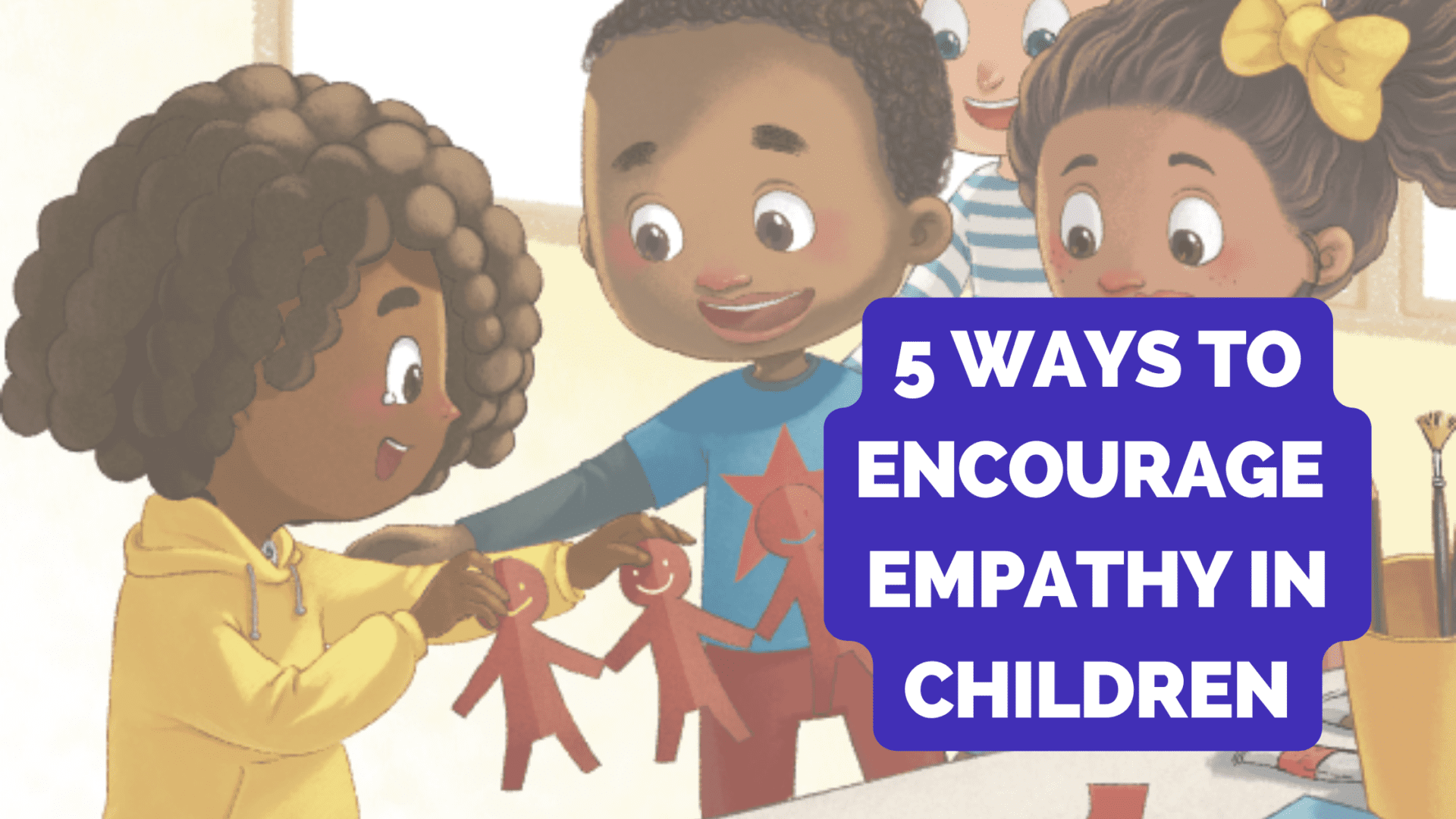
5 WAYS TO ENCOURAGE EMPATHY IN CHILDREN
https://patricemclaurin.com/wp-content/uploads/2022/09/2-1024x576.png 1024 576 pmclaurin pmclaurin https://secure.gravatar.com/avatar/14d9f9a6ef8e6cf4818ea0cf92291dd6bd51d25405d18dd5ba8c9a5f629ea1bb?s=96&d=mm&r=gEmpathy is vital for social development — it’s what allows us to understand how other people feel and think, and enables us to interact with them in healthy ways. Studies show that children who are exposed to empathy-building activities have higher levels of emotional intelligence. Consequently, these children are more likely to be helpful and friendly towards their peers.
It’s easy to see why promoting empathy in children is so important. But how do we do it? Here are some ways to promote empathy in children at home and in the classroom:
- Model empathy – Start with yourself. Show empathy to others by connecting with them. This can be as simple as saying “Hello” or asking how someone’s day is going. It can also be as small as making eye contact with a child or gently touching their shoulder if they look upset. Children might not always do what we say, but they definitely mimic what we model!
- Talk about feelings – When children are feeling upset, try asking open-ended questions such as: “What happened?” or “How does that make you feel?” This allows the child to not only connect with their feelings, but it also demonstrates what a compassionate response looks like.
- Praise them when they show concern for others’ well-being – when children feel supported in their efforts, it makes it easier for them to continue good behavior. Children often meet the expectations of adults, be they high or low.
- Give them opportunities to help others – Parents can find volunteer opportunities for their child and educators can continue to promote positive peer to peer interactions in the classroom.
- Encourage them to relate to others’ experiences – An easy way to do this is to discuss an emotional reaction a child might see on their favorite TV show, or while reading a story. Ask them why they think the person is responding with that particular emotion. This will help them to connect themselves with others. Two great titles to begin with are I Am Because I Choose and Dandi McLion Has Her Say.
Empathy is an important part of a happy, healthy childhood. Incorporating these simple ways to promote empathy in your children will make a big difference as they grow into adulthood. I hope that these tips help!

